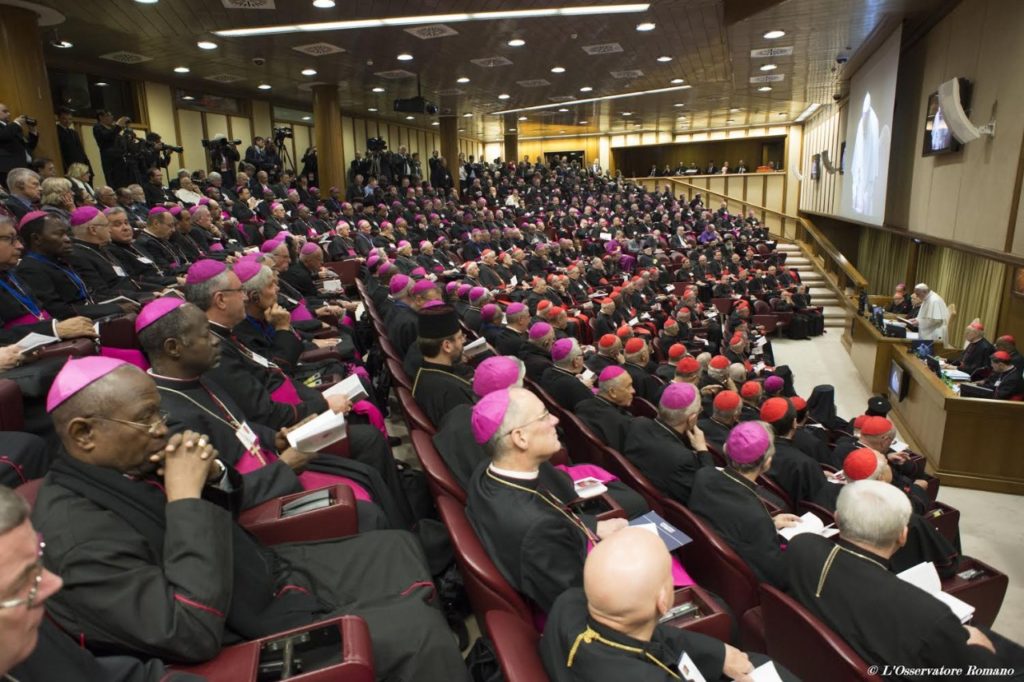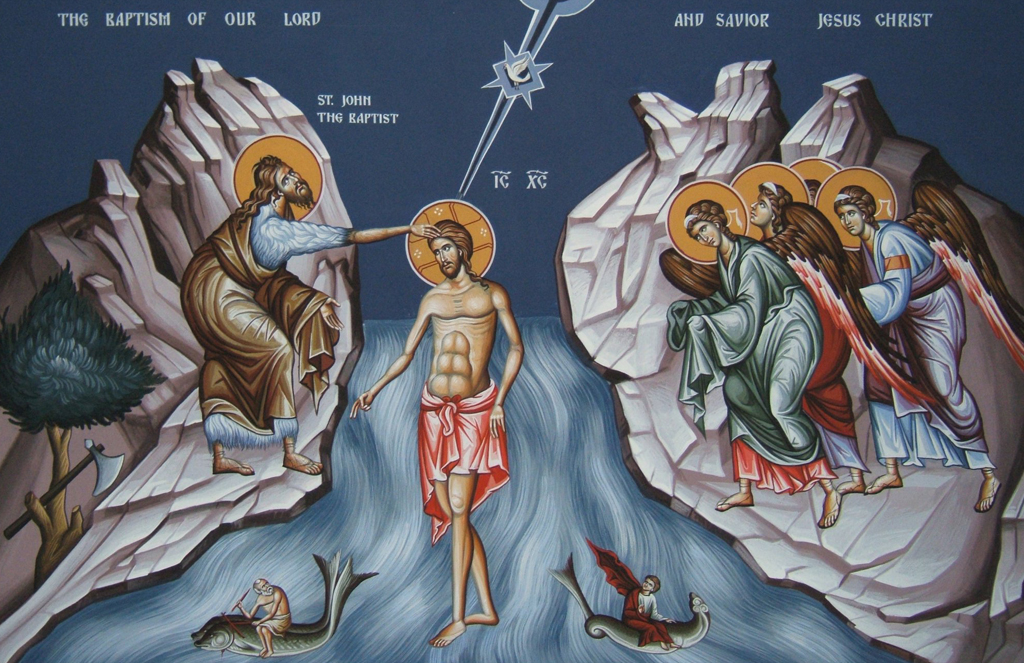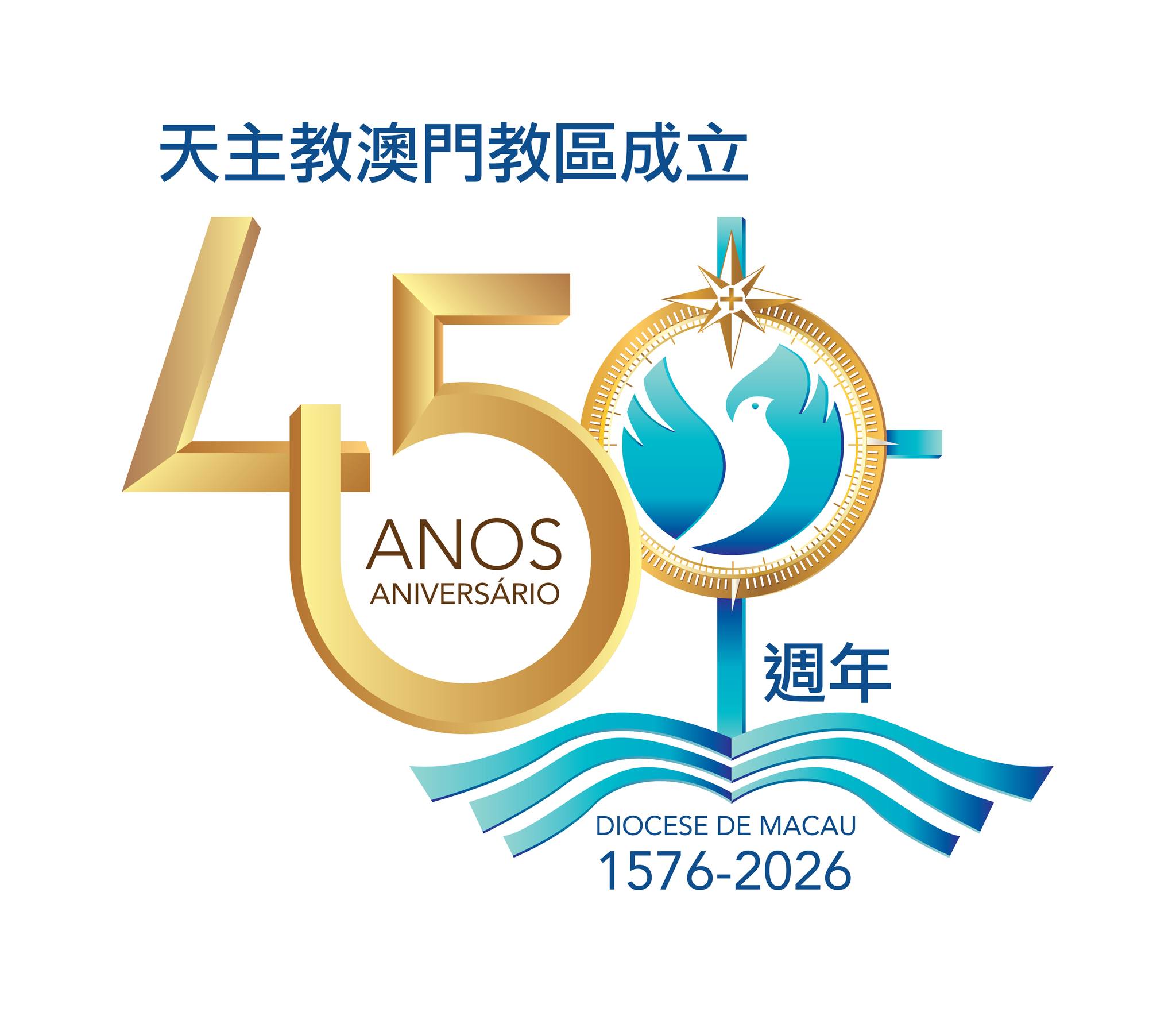– José Maria C.S. André
The Synod of Bishops, about youth and vocation, began on the September 3, in Rome. In the opening address, the Pope asked the participants to speak frankly and make themselves available to listen. “We are called to listen to what the Spirit suggests in ways and directions that are often unforeseeable.”
This issue has a long history in the Church, because trusting God often seems more reckless than jumping out of an airplane without a parachute. Faced with a reasonable choice and a path inspired by the Holy Spirit, the tendency to cling to the parachute is almost irresistible.
One of these moments of clear definition happened in 1965, during the Second Vatican Council. The celibacy of priests was under examination. On the one hand, it was clear that there was no absolute need for priests to be single, and the shortage of clergy was not ignored. On the other hand, the great convenience of celibacy was recognized.
Before theology begun studying the subject, the People of God grasped the profound relationship between celibacy and the priesthood and chose the priests with this criterion (in the first centuries, people did not apply to be priests, they were chosen). The Magisterium recognized that the Holy Spirit inspired the people and therefore recommended and later established that, except in specific cases, only single males would be ordained in the Latin Church. Several times, over two thousand years, this provision has been confirmed. In 1965, gathered in the Second Vatican Council, the Church looked at this problem again.
The first question was: “Can the ecclesiastical authority impose celibacy?” –of course not. The second question was, “What is the origin of virginity for the Kingdom of God?” –it is a gift of God freely received, a treasure that God gives to whomever He wants. The third question concerned the priesthood itself: “What is the origin of this call?” –it is a divine gift, a grace that one can reject or accept. The question that most resounda in the media is whether it would be prudent to ordain only those who had received both gifts from God, the vocation to celibacy and the vocation to the priesthood.
Normally, as one matures the vocation to the priesthood, opening himself generously to the invitation of God, that person becomes aware that this path will take hold so completely of the whole heart and strength that he decides to give of himself unreservedly in celibacy. It is not for the hierarchy to force that decision, which must be absolutely free, but it is up to her to decide who will be promoted to the sacred order. Therefore, the Church, gathered in the Council, decided to rely entirely on God. Addressing sociological and statistical concerns, the Council argued that the gift of celibacy was so important for the life of a priest that the Holy Spirit, while evoking the priestly vocation in someone, would also make him understand the vocation to fully offer himself in celibacy.
December 7, 1965 came. The eve of the great feast of Our Lady to whom the Council wanted to dedicate its work. Of the 2394 bishops assembled, 2390 voted in favor of the decree Presbyterorum ordinis, which states:
“Celibacy has a many-faceted suitability for the priesthood. [Then goes a list of reasons]. For these reasons, based on the mystery of Christ and his mission, … this Holy Synod again approves and confirms [the provisions about celibacy], fully trusting this gift of the Spirit so fitting for the priesthood of the New Testament, freely given by the Father, provided that … the whole Church humbly and fervently pray for it. … This Holy Synod asks … all the faithful that they might receive this precious gift of priestly celibacy in their hearts and ask of God that He will always bestow this gift upon his Church.”
To entrust to the Holy Spirit the priestly vocations, so essential to the Church, while setting the bar so high … seems equivalent to jumping out of an airplane without a parachute. But the Church, when it comes to vocation, has no hesitation, or, as Pope Francis puts it, “listens to what the Spirit suggests, in ways and directions that are often unforeseeable.”


 Follow
Follow


